Table of Contents
I. Introduction
The AI revolution is real—but so is the fear of being replaced.
Today we talk about Ai-proof careers. From customer service bots to generative art tools, artificial intelligence is reshaping the workforce faster than ever. The question on everyone’s mind: Is my job next?
Rapid automation has put millions of jobs at risk.
Manufacturing, transportation, retail, finance—no industry has been left untouched. Algorithms now write reports, diagnose diseases, and even compose music. In this new landscape, many wonder: What work is truly safe?
This blog explores 25 high-paying roles that remain safe from the robot takeover in 2025—and why.
Through expert insights, workforce data, and trend analysis, we’ll map out the careers that continue to require what machines lack: the human touch, creative instinct, moral judgment, and adaptable thinking.
Backed by expert insights, real-world data, and human truth, this guide will not only show you what roles are AI-proof—but how to think like someone who stays future-ready.
II. What Makes a Job “AI-Proof”?
Not all jobs are equally vulnerable. The roles that resist automation tend to share common traits—skills that AI still struggles to replicate. Here are the five pillars of an AI-proof career:
🔹 1. Emotional Intelligence & Empathy
Jobs that involve human connection—like counseling, caregiving, or negotiation—require real-time emotional nuance. AI can simulate empathy, but it can’t truly feel.
🔹 2. Non-Routine Problem Solving
When the task has no clear path, humans thrive. Whether it’s diagnosing an unusual symptom or fixing a complex HVAC issue, unpredictability is where people outperform machines.
🔹 3. Physical Dexterity & Real-World Adaptability
Plumbers, surgeons, electricians—these roles require navigating messy, ever-changing environments. Robots struggle with the chaos of the real world, especially when fine motor skills are involved.
🔹 4. Original Creativity & Storytelling
AI can remix and regenerate, but it can’t create from lived experience. Storytellers, artists, filmmakers, and designers infuse work with personal insight, cultural nuance, and emotional resonance.
🔹 5. Ethical Judgment & Leadership Thinking
Leadership isn’t just data—it’s navigating complex human systems, crises, and choices where right and wrong aren’t always clear. AI can recommend. Humans must decide.
🧠 Bonus Visual Idea:
| AI-Replaceable Traits | AI-Proof Traits |
|---|---|
| Routine tasks | Unpredictable problem-solving |
| Pure data analysis | Contextual reasoning |
| Repetitive manual labor | Fine motor skills in varied environments |
| Factual content generation | Original creativity and storytelling |
| Basic customer service | Deep empathy and emotional support |
Visual alternative: Venn diagram showing overlap vs clear separation between AI and Human domains.
Let me know if you’d like me to move on to Section III: The 10 Career Clusters next, or if you’d like visual mockups / infographics for this section first.
III. The 10 Career Clusters: 25 High-Paying AI-Proof Jobs
These ten categories represent the core domains where humans still outperform machines. Each cluster includes examples of high-paying roles that leverage skills robots and AI struggle to replicate.
1. Healthcare Professionals
Empathy, precision, and life-or-death decision-making.
Examples:
- Nurse Practitioners
- Surgeons & Physicians
- Physician Assistants
- Physical & Mental Health Therapists
- Veterinarians
Why AI Can’t Replace:
Healthcare demands a high level of empathy, nuanced diagnosis, ethical reasoning, and precise hands-on care. From understanding non-verbal cues to navigating unpredictable emergencies, machines can assist—but not lead.
📌 [Forbes, PayBump, U.S. Career Institute]
2. Skilled Trades & Technical Repair
Hands-on work in chaotic, real-world environments.
Examples:
- Electricians
- HVAC Technicians
- Plumbers
- Carpenters
- Auto Mechanics
Why AI Can’t Replace:
These jobs involve working in diverse and unpredictable settings, often requiring real-time adjustments and physical dexterity. Robots simply can’t handle the messiness of real-world problem-solving yet.
📌 [Reddit, Vault, U.S. Career Institute]
3. Mental Health & Human Services
Deep listening, complex emotion, personal guidance.
Examples:
- Psychologists
- Social Workers
- Mental Health Counselors
Why AI Can’t Replace:
Supporting people through trauma, addiction, and life crises requires deep emotional intelligence and trust—areas where AI remains superficial and ethically unfit.
📌 [Vault, Entrepreneur, OriGym]
4. Creative Professions
Storytelling, originality, and taste.
Examples:
- Writers & Journalists
- Filmmakers & Directors
- Graphic/Fashion Designers
- Musicians & Composers
- Choreographers
Why AI Can’t Replace:
While AI can generate content, it lacks intentionality, taste, and lived experience. Human creativity is not just novelty—it’s meaning-making.
📌 [PayBump, U.S. Career Institute, Entrepreneur]
5. Leadership & Strategy
Vision, crisis management, and motivating people.
Examples:
- CEOs & Executives
- Strategic Consultants
- Product Managers
Why AI Can’t Replace:
Leaders must make tough calls, rally teams, and pivot in crises—decisions that blend data with intuition and moral clarity. Machines follow; leaders lead.
📌 [Forbes, Vault, Gaper]
6. Education Professionals
Inspiration, adaptation, and mentorship.
Examples:
- Teachers
- University Professors
- Academic Counselors
Why AI Can’t Replace:
Teaching is more than content delivery—it’s emotional mentorship, classroom dynamics, and individual support.
📌 [U.S. Career Institute, Vault, Nexford]
7. Legal & Regulatory Roles
Ethical nuance and persuasive reasoning.
Examples:
- Lawyers
- Judges
- Compliance Officers
Why AI Can’t Replace:
Legal practice involves interpretation, persuasion, and ethical decision-making in highly nuanced contexts. AI can review cases—not argue them.
📌 [Forbes, PayBump]
8. Science, Research & Innovation
Exploration, experimentation, and invention.
Examples:
- Biomedical Scientists
- AI Researchers
- Environmental Scientists
- Innovation Consultants
Why AI Can’t Replace:
Research is driven by curiosity, hypothesis generation, and real-world experimentation—things that require intellectual creativity and intuition.
📌 [U.S. Career Institute, Entrepreneur, Nexford]
9. Personal Services & Care
Touch, presence, and personalization.
Examples:
- Hair Stylists & Barbers
- Personal Trainers
- Massage Therapists
Why AI Can’t Replace:
Personal services are built on trust, human touch, and one-on-one understanding—functions AI cannot replicate or physically deliver.
📌 [OriGym, Reddit, Vault]
10. Hospitality & Culinary Arts
Experience design, sensory skill, and intuition.
Examples:
- Executive Chefs
- Event Planners
- Hotel Managers
Why AI Can’t Replace:
Creating memorable experiences, crafting flavors, or managing unpredictable guest needs takes human intuition, cultural awareness, and taste.
📌 [Entrepreneur, Vault, Reddit]
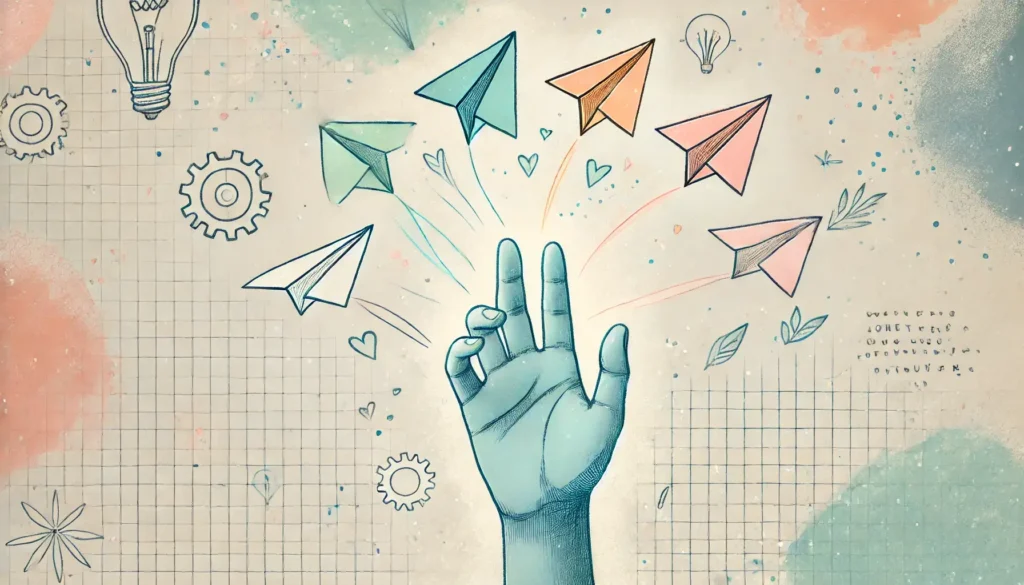
IV. Actionable Insights: How to Future-Proof Your Career
Even the most “AI-proof” job requires future-thinking. Here’s how to stay competitive and adaptive:
✅ 1. Invest in Soft + Smart Skills
Emotional intelligence, critical thinking, and storytelling are rising in value. Communication and leadership are now technical skills.
🔁 2. Reskill Regularly
The AI wave isn’t an enemy—it’s a tool. Staying relevant means learning with the tech, not against it.
🔀 3. Blend Human + Tech Roles
New hybrid careers are emerging:
- UX Designers (Human insight + interface design)
- AI Ethicists (Human values + tech governance)
- Digital Therapists (Tech-assisted mental health care)
👥 4. Follow the Human Element
Ask: Where will people still need people? If your job involves human unpredictability, meaning-making, or lived empathy—it’s likely future-safe.
💡 Pro tip: Look for roles at the intersection of technology and humanity. That’s where the future workforce is headed.
V. Final Word: It’s Not AI vs. Humans—It’s Humans with AI
The AI revolution isn’t just about replacement—it’s about augmentation. Automation will take over repetitive, mechanical tasks. But in doing so, it frees humans to focus on the deeper, more meaningful work that machines can’t do.
So don’t just ask: “Will AI take my job?”
Ask: “How can I use AI to enhance what only I can do?”
✅ Reframe the Fear
Yes, jobs will change. But this change is your opportunity to lean into what makes you human—your empathy, creativity, leadership, and ethical judgment.
🚀 Call to Action
- Pick a career path where your human edge gives you an advantage.
- Learn how to work with AI—not against it.
- Future-proof yourself by growing in ways machines can’t.
Your irreplaceable value isn’t in doing what AI does better.
It’s in doing what AI will never do at all.
VI. Sources & Further Reading
For deeper insights and up-to-date lists of AI-resilient jobs, visit these expert-backed resources:
- Top 65 Jobs Safest from AI & Robot Automation (U.S. Career Institute)
- 10 AI-Safe, Highest-Paying Jobs (Forbes)
- 25 Jobs AI Can’t Replace (PayBump)
- AI Proof Jobs for 2025 (Vault)
- 10 AI-Proof Jobs With Fastest Growth (Entrepreneur)
- 19 AI-Proof Jobs That Are Safe From Automation (OriGym)
- Reddit Career Advice Thread: AI-Proof Professions
- Nexford: Most In-Demand AI Careers 2025
- Time: AI is Taking Jobs—but Also Creating New Ones
- Will Robots Take My Job? (Job Automation Risk Tool)
FAQ: AI-Proof Careers 2025
1. What does “AI-proof” actually mean?
An AI-proof job is one that is highly resistant to automation—usually because it requires human traits that machines struggle to replicate, like emotional intelligence, hands-on dexterity, creativity, or ethical reasoning.
2. Are any jobs completely safe from AI?
No job is 100% future-proof, but many roles are significantly less likely to be automated. Careers that depend on uniquely human capabilities are safer bets—especially if you continually reskill and adapt to new tools.
3. Can creative jobs really survive AI-generated content?
Yes. While AI can assist with content creation, it lacks lived experience, originality, taste, and cultural nuance. The best creative work often comes from deeply personal or human insight—something AI can’t replicate.
4. What if my current job isn’t AI-proof?
You’re not stuck. Many transferable skills—like communication, collaboration, and creative problem-solving—can help you pivot. Start by identifying ways to reskill or evolve your role to focus more on the human side of work.
5. How can I tell if a job is at risk of automation?
Use tools like WillRobotsTakeMyJob.com or check automation risk reports from reputable sources (like Oxford Economics, McKinsey, or U.S. Career Institute). Jobs that are repetitive, rules-based, or heavily digital are often most at risk.
Check out our previous post!!
What Are Cryptocurrencies? A 5-Part Guide to Digital Currencies, Blockchain, and Their Rise

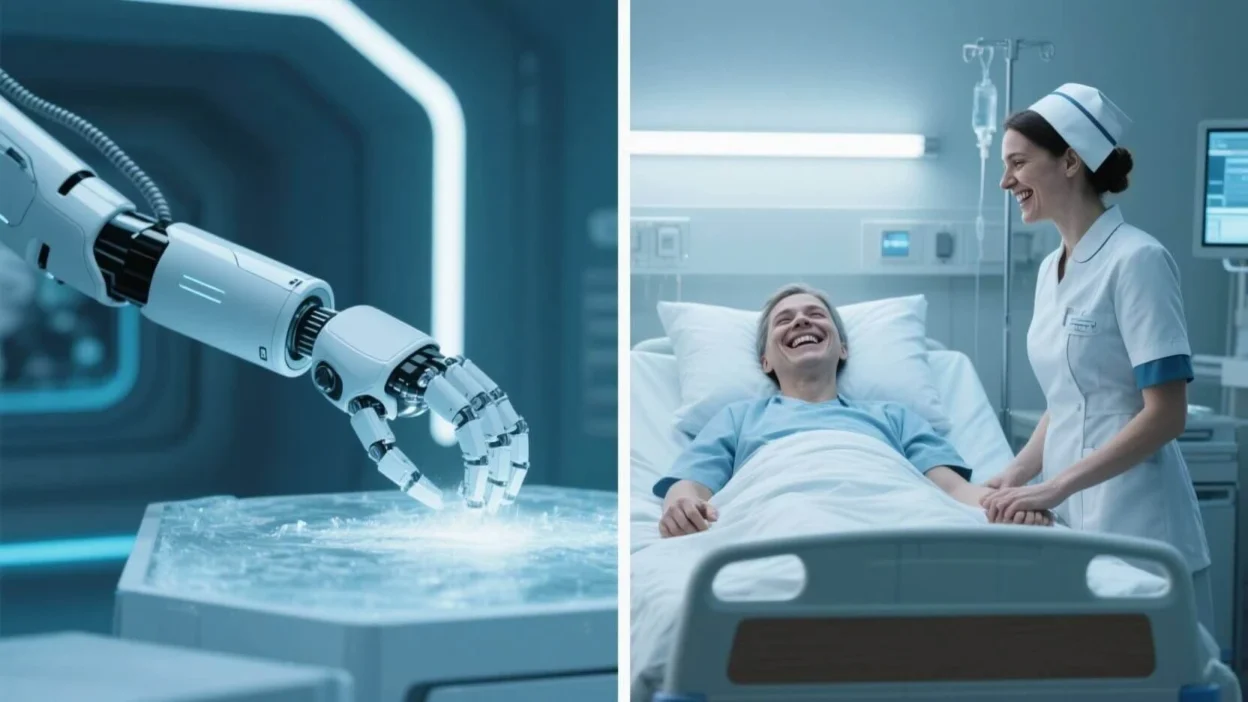
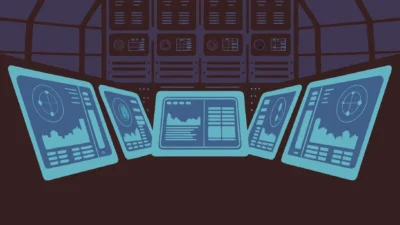

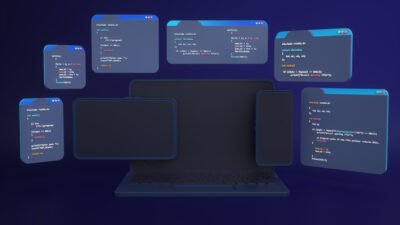
[…] AI-Proof Careers 2025: 25 Ultimate High-Paying Jobs That Robots Can’t Destroy […]
[…] AI-Proof Careers 2025: 25 Ultimate High-Paying Jobs That Robots Can’t Destroy […]
[…] AI-Proof Careers 2025: 25 Ultimate High-Paying Jobs That Robots Can’t Destroy […]
[…] professionals concerned about these changes, understanding AI-proof careers for 2025 becomes crucial for strategic career planning and skill development […]